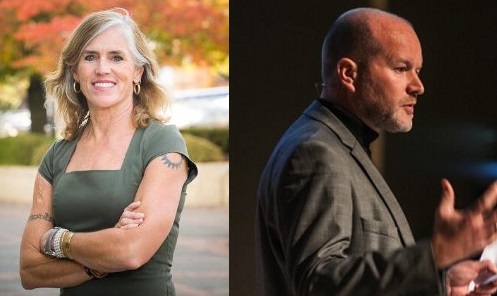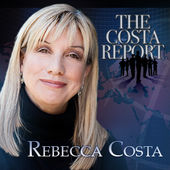Meet Kat and Mike: Transformational Leaders And Social Justice Advocates For Business And Banking
With the launch of Building Banking on Values, a new VoiceAmerica radio series I’m hosting...
Read Moreby VoiceAmerica | Jun 28, 2016 | Business | 0 |
With the launch of Building Banking on Values, a new VoiceAmerica radio series I’m hosting...
Read Moreby VoiceAmerica | Mar 25, 2015 | Business | 0 |
With tax season in full-swing, millions of Americans have begun the arduous process of filling out...
Read More


